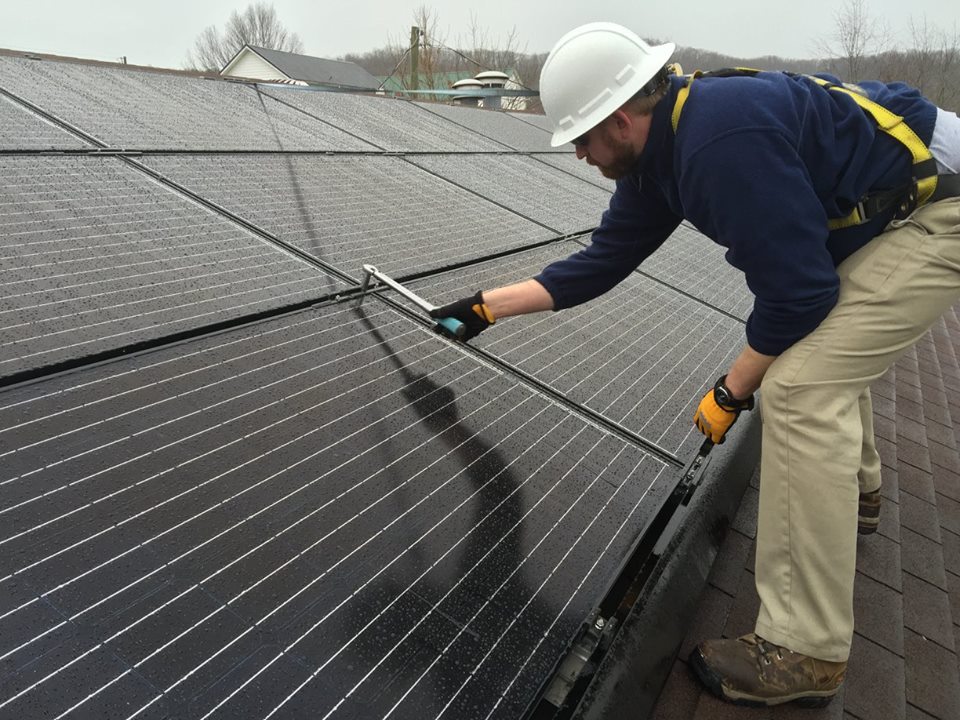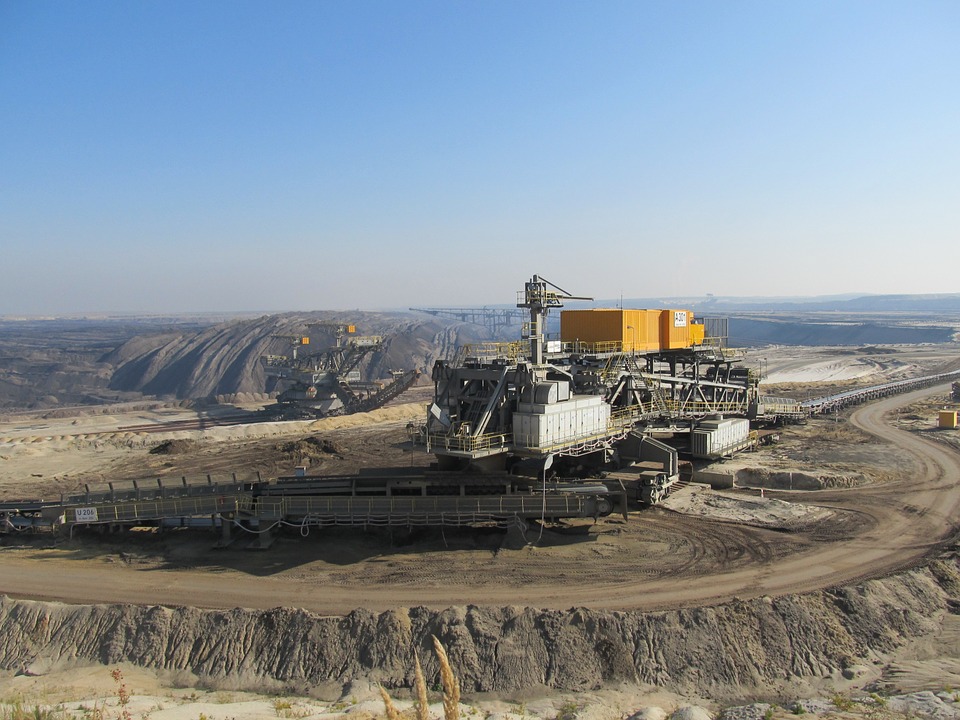The preliminary sketch of the Trump Administration’s federal budget seeks to eliminate nineteen federal agencies — groups ranging from the National Endowment for the Arts to the United States Interagency Council on Homelessness.
Among these potentially defunded agencies is the Appalachian Regional Commission, an interstate and bipartisan collaboration that has funded infrastructure projects, economic development, and community health initiatives for decades. The agency has invested 3.8 billion dollars in the Appalachian region since its inception in 1965 as part of President Lyndon Johnson’s “War on Poverty.”
Though poverty rates in Appalachian counties have generally improved over the last fifty years, the region is still home to some of the poorest communities in the country. As the coal industry shrivels due to the advent of cheap natural gas, new pollution regulations, and the automation of mining, job opportunities in rural Appalachian towns are few and far between.
Historically, most of the Appalachian Regional Commission’s funding has gone to road building and broadband infrastructure projects. In recent years, the agency has shifted its efforts to supporting economic diversification and growth — hoping to fill the hollow void of post-coal Appalachia.
In West Virginia, the Appalachian Regional Commission funds the Coalfield Development Corporation, an organization that offers workforce training programs for low-income residents. In 2016, the initiative trained 550 participants in solar installation, construction, and agriculture — each receiving a professional certification or associate degree.

In 2016, the agency awarded Friends of Southwest Virginia with a large grant for their project: Building Appalachian Spring: Growing the Economy of Southwest Virginia. The project aims to diversify the region’s rural economies by investing in the outdoor recreation industry. Funds will be used to build a Gateway Center to the High Knob Recreation Area, develop four new access points to the New River, create a new trail system, and construct an Appalachian Trail Center in downtown Damascus. Over the next five years the project hopes to create 60 new businesses, 200 new jobs, and increase travel expenditures in the region by $30 million.
In Eastern Kentucky, the Appalachian Regional Commission is partnering with TechHire to help the region adapt to an increasingly technological world. TechHire pays participants to learn coding and guarantees a full-time job upon successful completion of a paid internship.
Because most rural communities have limited access to financial capital, the Appalachian Regional Commission takes on the important role of investor. The agency’s financial fortitude gets new projects off the ground, leveraging other sources of funding for Appalachian communities further down the road.
The Trump Administration’s proposed budget would also eliminate the Economic Development Administration, an agency within the Commerce Department, that provides grants and technical assistance to economically distressed communities. The agency devoted a large sum of funds to coal-impacted communities throughout the Obama Administration.
The Appalachian Regional Commission is a politically popular program championed by Democrats and Republicans alike; the agency’s projected elimination has sparked resistance — particularly among the region’s legislators.
Representative Hal Rogers (R-Ky), who helped double the Appalachian Regional Commission’s budget as chair of the House Appropriations Committee from 2011-2016, called Trump’s proposed cuts “draconian, careless, and counterproductive.”
“We are not going to allow any cuts to the Appalachian Regional Commission,” said Senate Majority Leader Mitch McConnell (R-Ky). “It is very important to Eastern Kentucky. It has been for a number of years. That’s not going to happen.”
Instead of focusing on economic diversification in coal country, Trump is focusing on repealing environmental legislation like Obama’s Clean Power Plan and the Stream Protection Rule (a regulation that keeps coal companies from dumping mining waste into waterways) in hopes of revitalizing the industry. Yet the Trump Administration has also promised to expand fracking — the coal industry’s biggest threat. With cheap natural gas at the nation’s disposal, it is doubtful that the coal industry will ever make a rebound.
Trump was supported in mass by blue-collar Appalachian voters on election day after repeatedly pledging to revitalize coal country throughout his campaign. The elimination of the Appalachian Regional Commission would do just the opposite.








